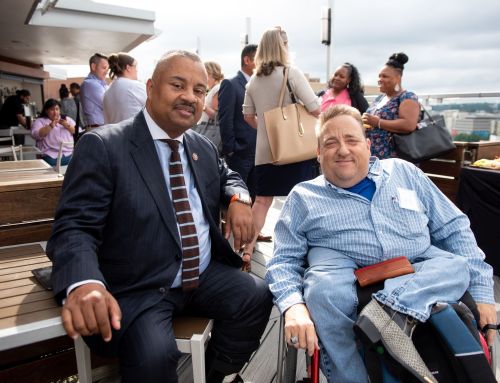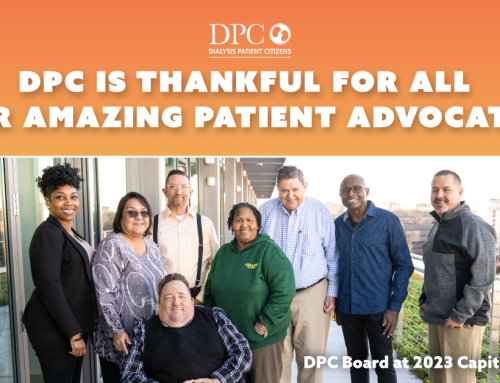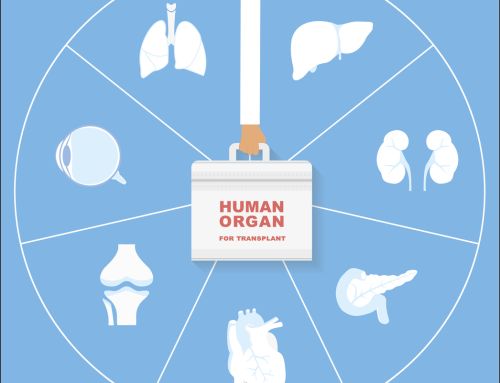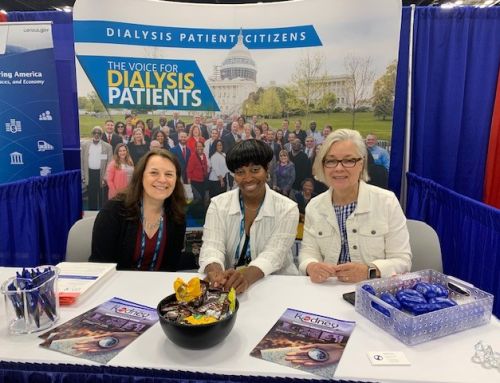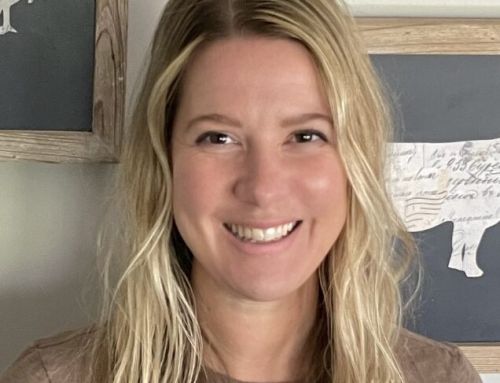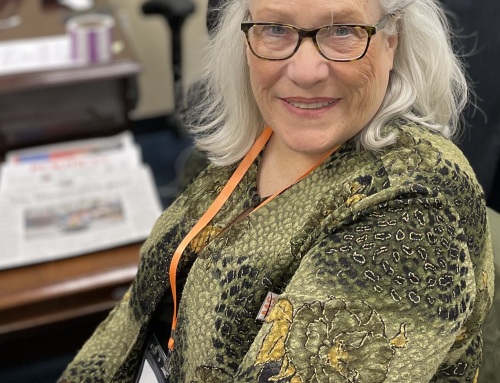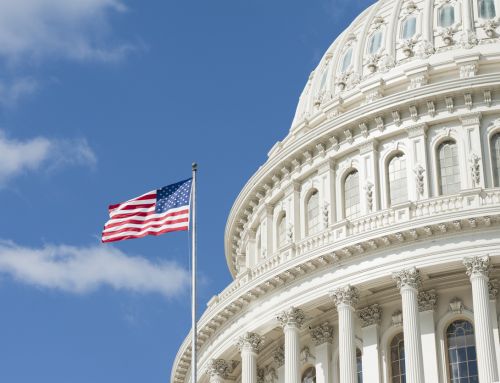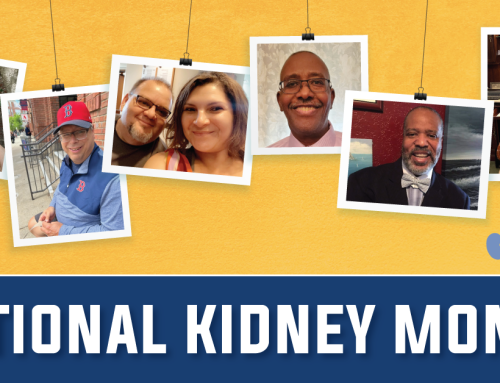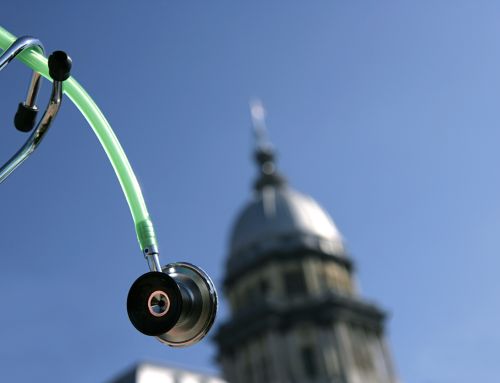Lawsuit charges that CMS rule to take effect Jan. 13 gives insurers illegal veto power over access to private coverage
Washington, D.C. – Advocates for dialysis patients filed suit in federal court today to prevent the U.S. Department of Health and Human Services (HHS) from enforcing a rule that could force patients off their current health plans and jeopardize their access to care. The regulation, which the Centers for Medicare and Medicaid Services (CMS) issued Dec. 13 outside the formal rulemaking process, gives insurers the power to prevent dialysis patients from receiving charitable premium assistance that makes it possible for them to afford private health insurance.
In a motion filed in federal court today, advocates asked for a temporary restraining order to prevent the rule from taking effect as scheduled on Jan. 13. They also alleged that the rule is invalid because CMS did not give notice of the rule or an opportunity for public comment on it, as the law requires, and because the rule violates the Affordable Care Act. The suit was brought in the U.S. District Court for the Eastern District of Texas by Dialysis Patient Citizens (DPC), a leading advocacy group for people with kidney disease; U.S. Renal Care, based in Plano, TX; DaVita and Fresenius Medical Care Holdings.
In an affidavit filed with the court, DPC argues that its members and other dialysis patients who rely on charitable assistance could lose their current health insurance if that assistance is taken away.
“This regulation appears to give insurers carte blanche to discriminate against people with complex medical needs in ways that could force them off the coverage that provides access to lifesaving care,” said Hrant Jamgochian, Chief Executive Officer of DPC, which represents nearly 30,000 dialysis and pre-dialysis patients nationwide. “With this rule, CMS is telling dialysis patients that the patient protections afforded to everyone else do not apply to them.”
“DPC does not contest the first part of the rule, which requires dialysis companies to provide patients with detailed information about their health insurance options and related costs,” Jamgochian said. “We support greater transparency that helps dialysis patients understand their insurance options. However, the second part of the rule ignores the wishes of patients who want to keep their private insurance by empowering insurers to prevent them from receiving charitable premium support.”
The rule applies only to patients with kidney failure, also called end-stage renal disease (ESRD). It requires dialysis providers “to ensure that issuers are informed of and have agreed to accept the third party payments” and states that “If an issuer does not agree to accept the payments for the duration of the plan year, the [dialysis] facility shall not make payments of premiums and shall take reasonable steps to ensure that such payments are not made by any third parties to which the facility contributes.”
Dialysis patients are eligible for Medicare at any age but can benefit from services offered in plans sold on the exchanges created by the Affordable Care Act. In an affidavit filed with the suit, DPC described the adverse impact that the rule would have on dialysis patients:
- Dialysis patients often need care coordination services that are not covered in Medicare, and they often benefit from the cap on out-of-pocket expenses that does not apply in Medicare.
- Private plans may offer patients access to preferred doctors, specialists and health care facilities that do not participate in Medicare. In addition, Medicare does not cover dependents, a policy that could leave family members and caregivers uninsured.
- Research shows that ESRD patients with private coverage are almost three times as likely to obtain a transplant as those on Medicare. African-American ESRD patients with private coverage are approximately 14 times as likely to obtain a transplant as those on Medicare.
- ESRD patients under age 65 are prohibited in 23 states from buying Medigap coverage, leaving them responsible for the 20 percent of health care costs not covered by Medicare. In states where ESRD patients can purchase a Medigap policy, patients can buy only the most basic Medigap Plan, which still leaves a substantial portion of their expenses uncovered.
In its affidavit, DPC charged that if patients lose their charitable assistance and are forced from private coverage into Medicare, insurers will have a disincentive to provide the full range of preventive and treatment services to patients before they made the switch.
“Insurers have a financial interest in restricting essential services to policyholders who they know are about to be thrown into Medicare,” Jamgochian said. “This rule will encourage insurers to limit patients’ choice of insurance plans and obstruct their access to critical care, such as a preemptive kidney transplant, surgery for a fistula to ensure safe dialysis, or even patient education about measures to help delay or avoid kidney failure.”
Dialysis Patient Citizens is America’s largest patient-led organization representing dialysis patients, DPC’s
membership consists of more than 28,000 dialysis and pre-dialysis patients and their families.




